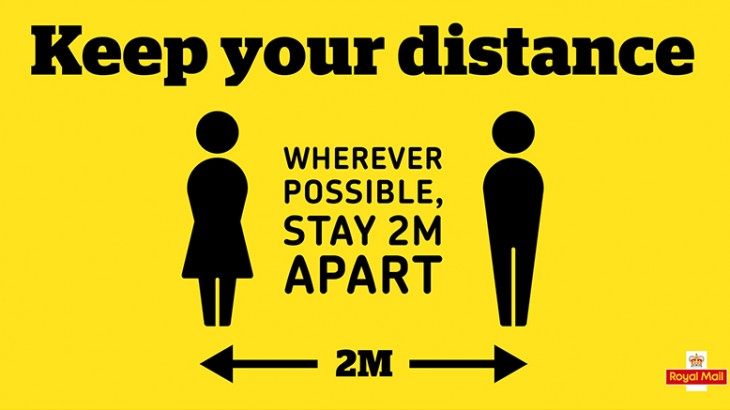Use of face masks

Public Health England (PHE) does not currently advise the use of face masks in public places and for those working in supermarkets, waste collection, schools and similar settings.
This is on the basis that there is very little evidence of widespread benefit from the use of face masks outside of clinical or care settings, where they obviously play a very important role.
To be effective, face masks must be worn correctly, changed frequently, removed properly, disposed of safely and used in combination with good universal hygiene behaviour. Research shows that compliance with these recommended behaviours reduces over time when wearing face masks for prolonged periods, such as within the community.
Even if you are wearing a mask, it is important to maintain the two-metre social distancing rule wherever possible and maintain good hand hygiene.
The primary prevention guidance is good hand hygiene supported by the two-metre physical distancing guidelines.
Where we have identified specific roles or tasks where observing the two-metre physical distancing is at times difficult, FFP2 masks are being provided where stocks are available. However, in these cases, two-metre physical distancing must be observed whenever possible and hand hygiene rules, including not touching the mouth, nose and eyes or before eating must continue to be observed. Masks will also be available for those who wish to wear one.
Specific roles or tasks:
- Air Hubs: loading and unloading of universal load containers (ULDs).
- Tasks where a two-person lift is unavoidable.
- Engineering tasks that require close working.
- Where identified by a local risk assessment.
FFP1 masks are on order and will be made available for other colleagues who wish to use them from their managers. Colleagues choosing to wear masks should be aware that they are not recommended by PHE for general use against the coronavirus and instead, the primary preventative guidance remains to observe good hand hygiene and social distancing guidelines.
Colleagues who wear masks should always adhere to hand washing and social distancing guidance. There is a risk that wearing a mask leads to a relaxed attitude to hand washing and social distancing and as such, it is crucial to adhere to this preventative guidance.
Wearing masks:
- Before putting on a mask, clean your hands with an alcohol-based hand rub or soap and water.
- Cover your mouth and nose with the mask and make sure there are no gaps between your face and the mask.
- Avoid touching the mask while using it; if you do, clean your hands with an alcohol-based hand rub or soap and water.
- Replace the mask with a new one as soon as it is damp and do not re-use single-use masks.
How to remove and dispose of a mask:
- To remove the mask, remove it from behind (do not touch the front of the mask).
- Discard immediately in a waste bin, do not place the mask on surfaces or frames.
- Clean your hands with soap and water or an alcohol-based hand rub.
Source: World Health Organisation.
The latest version of our coronavirus Q&As is now available via myroyalmail.com/coronavirus.



